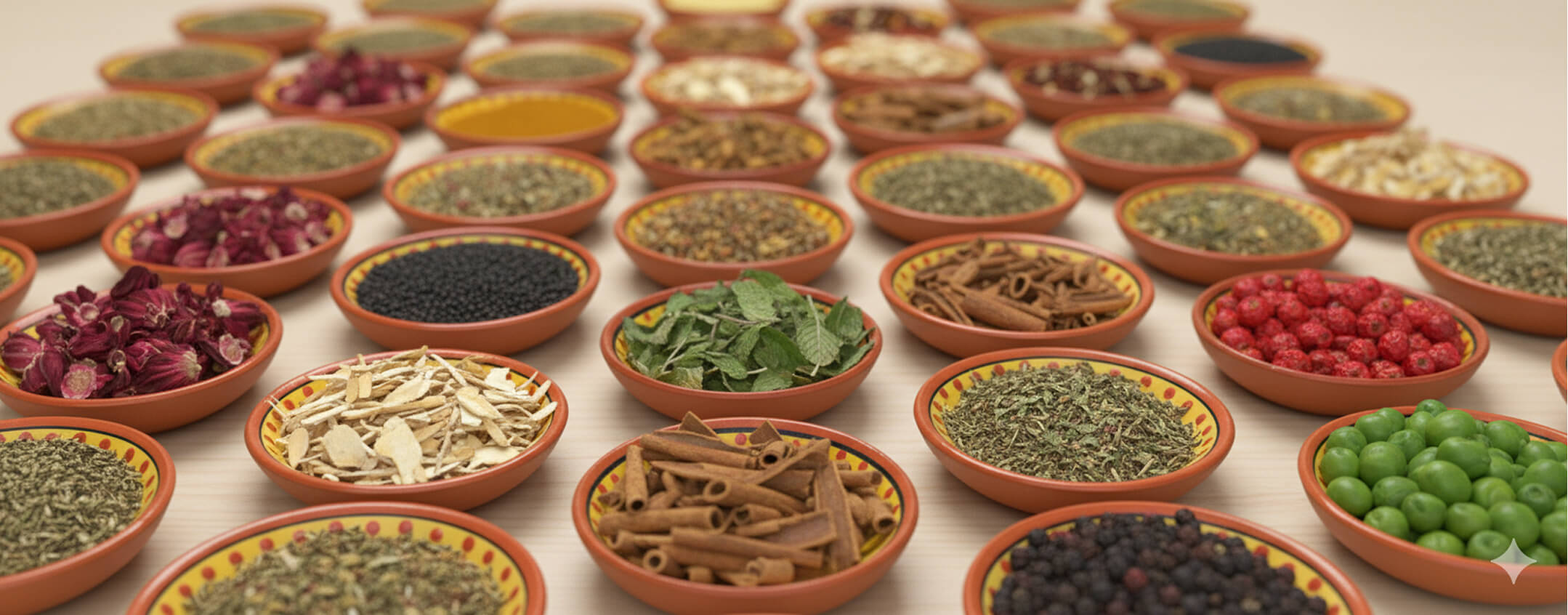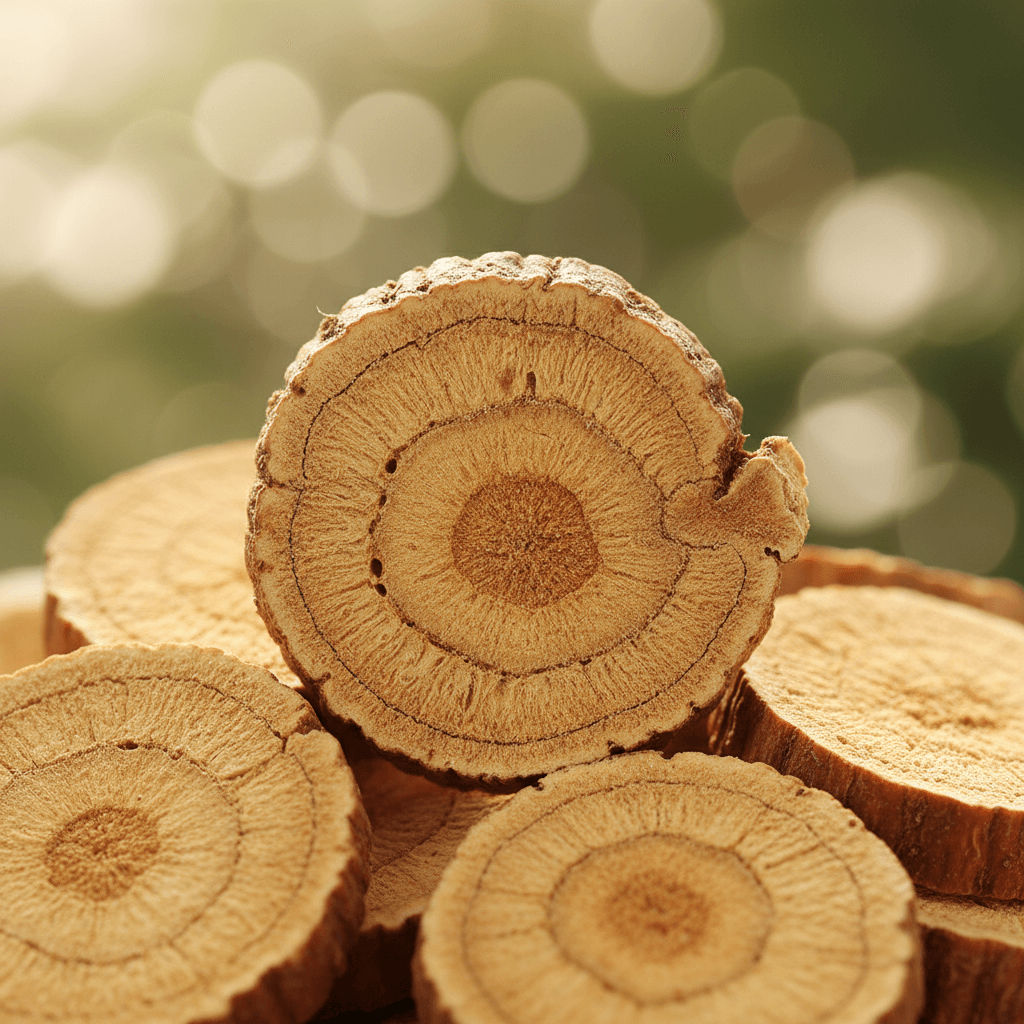Dang Gui (Angelica Root)
Angelica sinensis

Herbs

Dang Gui (Angelica Root)
- Blood Tonic
- Blood Mover
- Women’s Health Herb
- Root
- Sweet
- Acrid
- Bitter
- Warming
- Moistening
- Moving
- Enriches and nourishes the blood
- Supports menstrual health and regularity
- Invigorates circulation and relieves stagnation
- Moistens tissues and eases dryness
- Restores vitality after depletion
Dang Gui (Angelica sinensis), also known as Chinese Angelica Root, is one of the most important blood-tonifying herbs in Traditional Chinese Medicine. Often referred to as the “female ginseng,” Dang Gui is celebrated for its ability to nourish and invigorate the blood, harmonize menstruation, and support overall vitality, especially in women’s health formulas.
Blood Tonic: Dang Gui is widely used to replenish and enrich the blood, addressing symptoms of deficiency such as fatigue, pallor, dizziness, or dry skin. It helps restore energy and vitality while promoting radiant health.
Menstrual Regulation: Known for balancing and harmonizing menstrual cycles, Dang Gui is traditionally prescribed to ease discomfort, regulate irregular cycles, and support reproductive wellness in women.
Circulation and Pain Relief: By gently invigorating blood flow, Dang Gui relieves occasional stagnation-related discomfort, including cramps, abdominal pain, and stiffness. Its warming nature enhances circulation throughout the body.
Moistening and Replenishing: With its naturally moistening properties, Dang Gui nourishes body fluids and helps counter dryness in the skin, hair, and tissues. This makes it a restorative herb following illness, blood loss, or depletion.
Traditional Insight: In Chinese herbal theory, Dang Gui is unique in being both a blood tonic and a blood mover. It is often featured in classical formulas such as Si Wu Tang (“Four Substances Decoction”), where it works in harmony with other tonics to support women’s health and vitality.
Dang Gui is most commonly taken in decoctions, powders, capsules, or liquid extracts, often in combination with complementary herbs like Rehmannia, White Peony, and Chuan Xiong. Its ability to nourish, move, and harmonize the blood has secured its place as one of the foundational herbs of Traditional Chinese Medicine.

